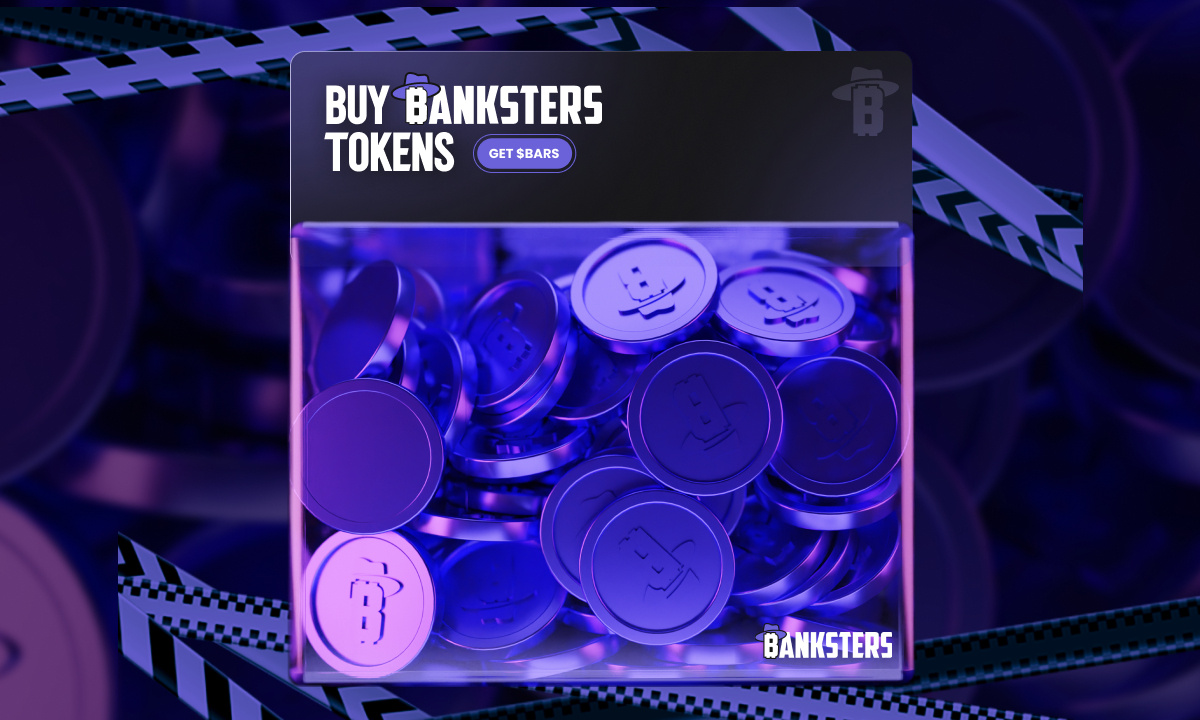Key Points:
- The judge came to the conclusion that Celsius is the rightful owner of the deposits in the lender’s yield-bearing Earn accounts.
- In his ruling, Judge Martin Glenn stated that the ownership question is “a contract law issue.”
- Despite opposition from state authorities and the U.S. Trustee, the crypto lender can now sell those stablecoins to pay the bills.
The collapse of Celsius Network may have just established a standard for identifying who owns which crypto assets when they are kept on a centralized platform.
The court said in a 45-page written court order on Wednesday that Celsius, not the individual account holders, is the rightful owner of the deposits in the lender’s yield-bearing Earn accounts.
In a court order issued on Wednesday, Judge Martin Glenn, the top bankruptcy judge in the Southern District of New York, stated that Celsius’s terms of service made it clear that it took possession of any cryptocurrency assets deposited into its Earn product, dealing a blow to some clients hoping to get their money back from the company.
When Celsius filed for Chapter 11 in mid-2022, there were 600,000 Earn accounts, which held a total of about $4.2 billion in assets as of July 2022, $23 million of which were stablecoins.
Creditors of the company have always included investors with Earn accounts. That implies that Celsius owes them funds. It is unclear just how much they will recover.
Glenn added that despite opposition from state authorities and the U.S. Trustee’s office, Celsius had established a good business reason to permit the sale of stablecoins worth around $18 million. The sales of these stablecoins would cover its operating expenses for the upcoming several months.
The Terms of Service for cryptocurrency platforms may be crucial to how other bankruptcy processes turn out. In his ruling, Glenn stated that the ownership question is a contract law issue.
“The Court finds that there was a valid contract between Celsius Account Holders and Celsius and that the contract terms unambiguously transferred all right and title of digital assets to Celsius,” the court order reads.
Investors in cryptocurrencies who parked their holdings on websites like Celsius in the hopes of collecting interest and benefiting from the protections offered to bank depositors were misled about their expectations.
The Federal Deposit Insurance Corporation (FDIC) backs deposits at banks. If a bank was unable to restore a customer’s deposits, the FDIC would. There are no such safeguards for deposits on crypto platforms.
It will have an impact on crypto investors using comparable products on other platforms, some of which have also filed for bankruptcy in recent months. The decision enabling the crypto lender to keep ownership of the assets in its Earn account will have repercussions for other investors.
The argument presented by account holders who previously protested in the Celsius case was that the Terms of Use’s revised terminology, such as the terms loan and lending, rendered the contract unclear.
The judge referred to Celsius’s terms of service as unambiguous, despite some of these account holders’ claims that Celsius was in violation of its own contract or had “failed to respect its fiduciary duties.”
According to the judge, such conditions don’t conflict with the crypto lender receiving possession of the cryptocurrency holdings. Despite opposition from state authorities and the U.S. Trustee, it can now sell those stablecoins to pay the bills.
DISCLAIMER: The Information on this website is provided as general market commentary and does not constitute investment advice. We encourage you to do your own research before investing.
Join us to keep track of news: https://linktr.ee/coincu
Website: coincu.com
Harold
Coincu News






















